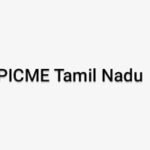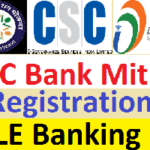The Chief Minister of Andhra Pradesh launched the YSR Jagananna Vidya Deevena Scheme on 27 November 2019. Under this scheme, students will get financial benefits, the so-called student education sponsorship program.
Earlier, this scheme was called Fee reimbursement. The scheme’s main aim is to help needy students financially pursue college studies.
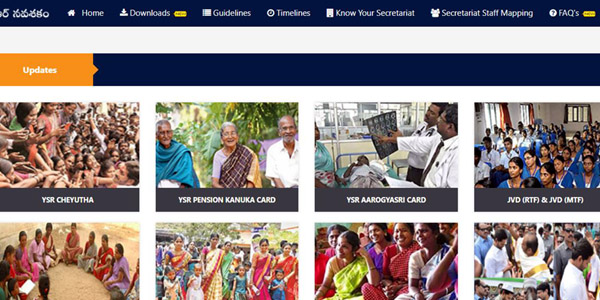
The government allocated Rs 4900 crores to implement the scheme for the 2020-2021 session. Many students in Andhra Pradesh have remarkable academic scores and cannot pay their fees.
They don’t have sufficient money to pay a fee or even eat properly. So, with this scheme, the CM wants to help those students who cannot pay a fee for their studies.
Jagananna Vidya Deevena started implementation on 28th April 2020. According to reports, nearly 14 Lakh students will get the fee reimbursement.
The government sanctioned Rs 4900 crores, in which the previous due of Rs 1880 crores was added. The sanctioned amount will be directly transferred to the bank accounts of the student’s mother.
Contents
Benefits of Vidya Deevena
- The Jagananna Vidya Deevena scheme’s main objective is to provide a financial benefit for poor students who cannot study because of their lack of money.
- The scheme promotes higher education and encourages students to further education.
- The financial benefits are given to eligible students every year.
Courses List Covered Under Vidya Deevena Scheme
- B.Pharmacy
- B.Tech
- Polytechnic
- ITI
- B.Ed
- MCA
- M.Pharmacy
- MBA
- M.Tech
- And other courses of Degree/PG
Incentives under the Jagananna Vidya Deevena Scheme
- Students studying for degrees, Engineering, etc., will get an incentive for tuition fees and hostel fees according to their pursuit.
- Polytechnic students get an amount of Rs 15000 per annum under this scheme.
- Students from ITI get Rs 10000 per annum.
- Students pursuing a degree or other courses will get Rs 20000 per annum.
- The students from SC, ST, BC, Minorities, Kapu, Economically Backward Class, Economically Weaker Section, Differently Abled students, etc., will get 100% fee reimbursement under this Jagananna Vidya Deevena scheme.
Eligibility Criteria
- Students who are permanent residents of Andhra Pradesh are eligible.
- The students study at government-aided universities or boards and private colleges affiliated with state universities/boards.
- The students pursuing a polytechnic degree, ITI, are eligible.
- A family whose income is less than Rs2.5 Lakh per annum is eligible.
- Students with government employee families are not eligible.
- If any family member receives a pension, then the student is not eligible.
- Families with only 10 acres of wetland or agricultural land below 25 acres are only eligible.
- Student families with four-wheeler cars are not eligible.
Documents Required
- Aadhaar Card
- Identity Card
- Admission fee receipt
- College admission certificate
- BPL or EWS certificate
- Income certificate
- Non-tax payer declaration
- Parent’s occupational certificate
- Bank account details
Application Process
- First, students who want to apply for the Jagananna Vidya Deevena scheme must visit the official website of YSR Navasakam.
- Click on downloads on the website’s home page.
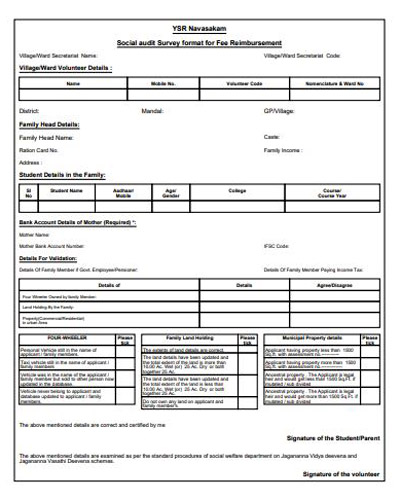
- A new page opens. Click on JVD Fee Reimbursement Proforma.
- Now the application form appears, take a printout of the document.
- Fill the form with details like family head details, village volunteer details, bank account details of the mother, validation details, etc.
- Attach the documents needed along with the application form.
- Check the entered details, submit the application along with the documents, and submit them to the concerned department.
Checking Status List of Jagananna Vidya Deevena
- First, students must visit the official website to check the Jagananna Vidya Deevena Scheme status list.
- Click on “click on the text with blue colour to get detailed reports” on the home page.
- A new page opens, select the district name and location, and choose rural or urban.
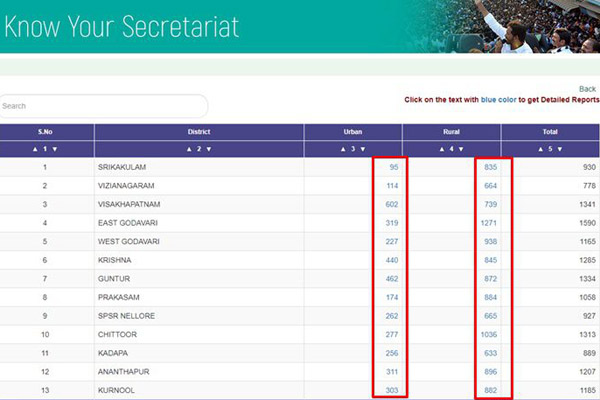
- Note down the Secretariat code and enter the code.
- The report will display the student’s name, mother’s and father’s name, Aadhaar number, eligible status, and application ID.
- Finally, download the list for future use.







